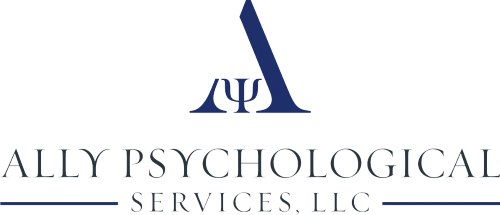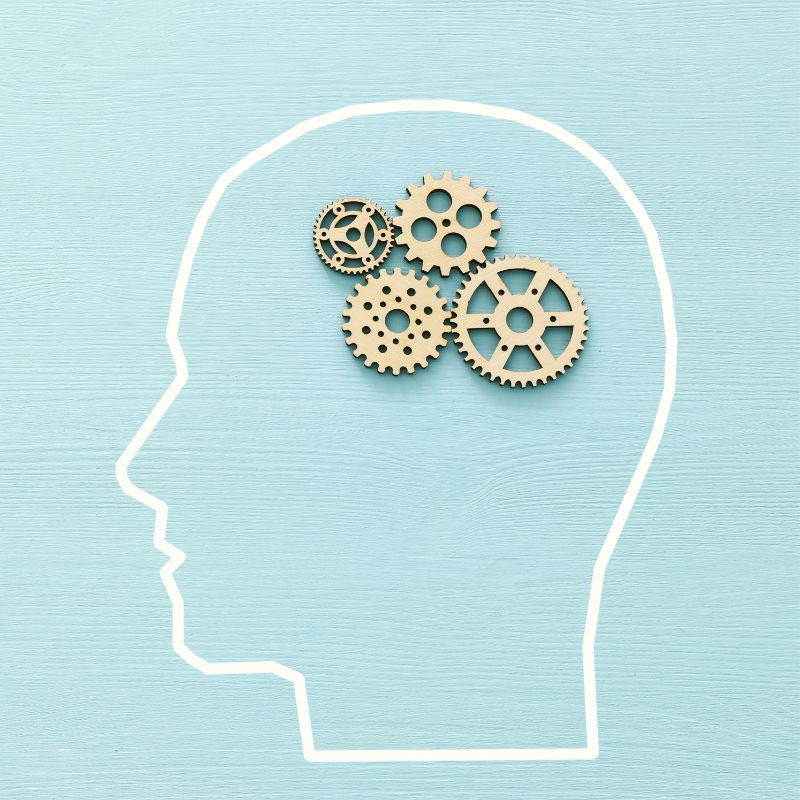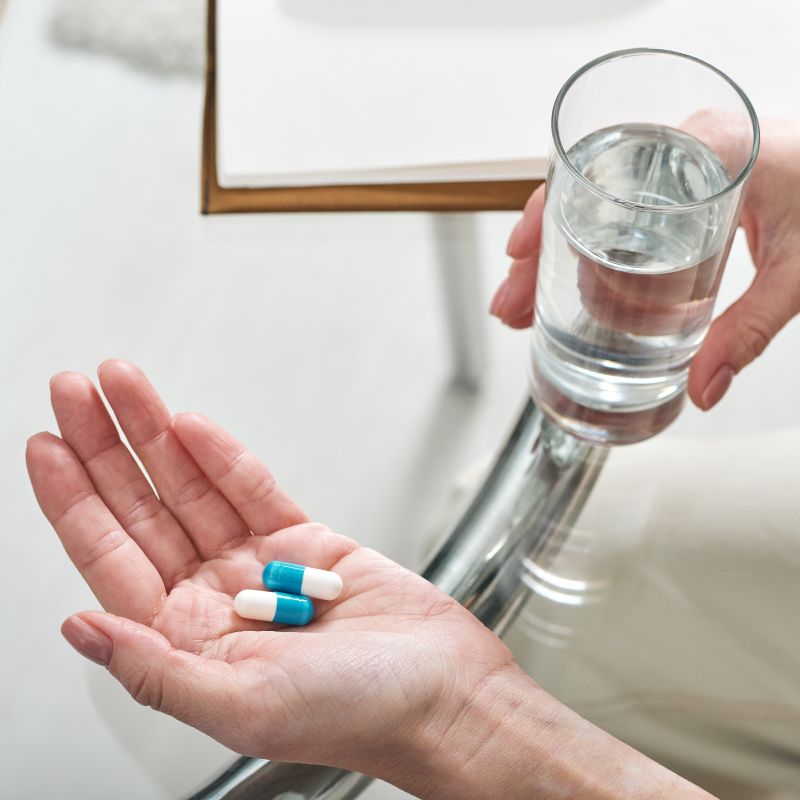Finding The Right Medication for Depression
Living with depression can feel overwhelming, but it’s important to know that treatment is available, and it works. At Ally Psychological Services, located in Doylestown, PA, we believe in offering a comprehensive approach to mental health care. For some, medication can be a key part of managing depression, helping to balance chemicals in the brain to improve mood and overall well-being.
In addition to traditional medications, innovative treatments like Ketamine-Assisted Psychotherapy (KAP) are becoming increasingly popular. Below is a guide to the most common medications and alternative treatments used to manage depression, along with how they work and what you can expect.
-
Selective Serotonin Reuptake Inhibitors (SSRIs)
SSRIs are often the first line of treatment for depression. They work by increasing levels of serotonin, a neurotransmitter that influences mood, in the brain.
- Common Medications: Prozac (fluoxetine), Zoloft (sertraline), Lexapro (escitalopram)
- How They Work: These medications block the reabsorption of serotonin in the brain, making more serotonin available.
- Potential Side Effects: Nausea, headaches, sleep issues, and changes in appetite or weight. Some people may also experience sexual side effects.
SSRIs are typically well-tolerated and effective for many individuals, making them a popular choice for treating depression.
-
Serotonin-Norepinephrine Reuptake Inhibitors (SNRIs)
SNRIs impact both serotonin and norepinephrine, which helps regulate mood and stress responses.
- Common Medications: Cymbalta (duloxetine), Effexor (venlafaxine)
- How They Work: By increasing both serotonin and norepinephrine levels, these medications can help improve mood, energy levels, and focus.
- Potential Side Effects: Nausea, dizziness, dry mouth, and increased sweating. Some people may also experience an increase in blood pressure.
SNRIs are often prescribed when SSRIs aren’t effective or if someone has symptoms of both depression and anxiety.
-
Atypical Antidepressants
These medications don’t fit neatly into the other categories and are used when other treatments may not be effective.
- Common Medications: Wellbutrin (bupropion), Remeron (mirtazapine)
- How They Work: Wellbutrin impacts dopamine and norepinephrine, and it’s often chosen for people who experience fatigue and low energy with their depression. Remeron impacts serotonin and norepinephrine and can help with sleep.
- Potential Side Effects: Insomnia (with Wellbutrin), drowsiness (with Remeron), dry mouth, and dizziness.
Atypical antidepressants can be a good option for those who don’t respond well to traditional SSRIs or SNRIs.
-
Tricyclic Antidepressants (TCAs)
Tricyclics were one of the earliest types of antidepressants and are now used less frequently due to their side effects.
- Common Medications: Elavil (amitriptyline), Pamelor (nortriptyline)
- How They Work: TCAs affect serotonin and norepinephrine but also block certain other neurotransmitters, which can lead to more side effects.
- Potential Side Effects: Drowsiness, weight gain, constipation, and dry mouth. These medications also carry a risk of more serious side effects like heart rhythm problems, especially in older adults.
Because of the potential for side effects, tricyclics are usually only prescribed when newer medications don’t work.
-
Monoamine Oxidase Inhibitors (MAOIs)
MAOIs are generally prescribed as a last resort when other antidepressants haven’t been effective.
- Common Medications: Nardil (phenelzine), Parnate (tranylcypromine)
- How They Work: MAOIs block an enzyme called monoamine oxidase, which breaks down serotonin, dopamine, and norepinephrine. By blocking this enzyme, MAOIs increase the levels of these neurotransmitters.
- Potential Side Effects: MAOIs can cause dangerous interactions with certain foods and other medications, leading to high blood pressure or other serious health risks.
Because of their complexity and potential risks, MAOIs are generally used only when other options have failed.
-
Ketamine-Assisted Psychotherapy (KAP)
Ketamine-Assisted Psychotherapy (KAP) is an innovative treatment that is gaining recognition for its effectiveness in managing treatment-resistant depression. Ketamine, originally an anesthetic, has been found to rapidly alleviate depression symptoms in some individuals.
- How It Works: Ketamine influences glutamate, a neurotransmitter involved in mood regulation and neural communication. Unlike traditional antidepressants, which can take weeks to show effects, ketamine often provides rapid relief within hours or days. In KAP, ketamine is administered in a controlled setting, while a therapist helps guide the individual through the experience, integrating therapeutic insights.
- Potential Side Effects: Dissociation (a feeling of being detached from reality), dizziness, nausea, and increased heart rate. These effects are temporary and typically subside after the session.
KAP is particularly effective for those who have not responded to traditional medications and offers a new hope for people struggling with chronic depression. At Ally Psychological Services, we understand the importance of integrating this powerful treatment option with therapy for optimal results.
What’s The Best Medication for Depression?
It’s important to remember that depression is unique to each individual, and what works for one person may not work for another. Working closely with a healthcare provider, such as the team at Ally Psychological Services, can help you explore both traditional and innovative treatments like KAP to find the right option for your symptoms.
Final Thoughts: Medication, Therapy, and Innovation – A Powerful Combination
While medication can be an important part of depression treatment, it’s most effective when combined with therapy. At Ally Psychological Services in Doylestown, PA, we offer evidence-based therapies like Cognitive Behavioral Therapy (CBT) and cutting-edge treatments such as Ketamine-Assisted Psychotherapy to help you manage depression and regain control of your life.



